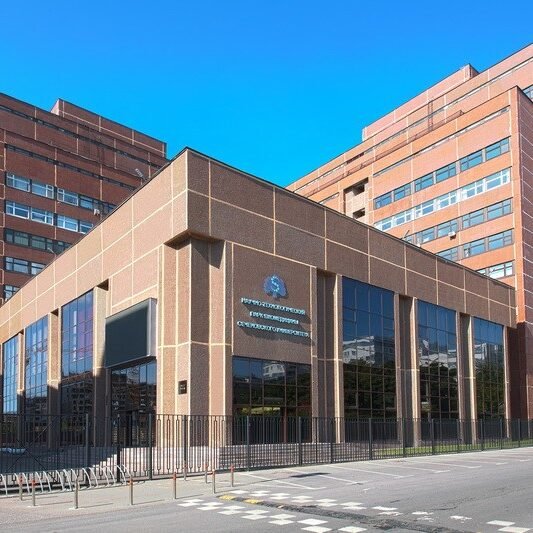1. Why should I choose MBBS as a career?
MBBS (Bachelor of Medicine, Bachelor of Surgery) is one of the most respected and rewarding career options. It allows you to serve humanity, gain deep scientific knowledge, and access global opportunities in healthcare and research.
2. Is MBBS worth the time and investment?
Yes, while MBBS requires 5–6 years of study and dedication, it leads to a stable career, high job satisfaction, and opportunities both in India and abroad. It’s a lifelong skill with increasing global demand.
3. What are the career options after MBBS?
After MBBS, you can:
Pursue specialization (MD/MS)
Work as a general physician or hospital doctor
Prepare for exams like USMLE, PLAB, or NEXT
Go into research, medical writing, or healthcare administration
4. Can I practice abroad after MBBS?
Yes, many countries allow Indian MBBS graduates to practice after passing their respective licensing exams (e.g., USMLE for the USA, PLAB for the UK, AMC for Australia, etc.). Studying MBBS from WHO/MCI/NMC-recognized universities increases these chances.
5. What are the benefits of studying MBBS abroad?
Studying MBBS abroad often provides:
Lower tuition fees
Global exposure
Modern facilities
English-medium education
Easier admission process compared to India’s NEET competition
6. Is NEET required for MBBS abroad?
Yes, as per NMC (India), NEET qualification is mandatory for Indian students to pursue MBBS abroad and return for licensing or PG education in India.
7. What is the difference between MBBS in India and MBBS abroad?
The main differences are in cost, competition, and clinical exposure. MBBS abroad may be more affordable and accessible, while Indian colleges may offer better local recognition and familiarity with national exams like NEXT.
8. How do I choose the right country or university for MBBS?
Consider:
NMC/WHO recognition
Medium of instruction (English)
Cost of education and living
Safety and visa process
Student feedback and clinical exposure































